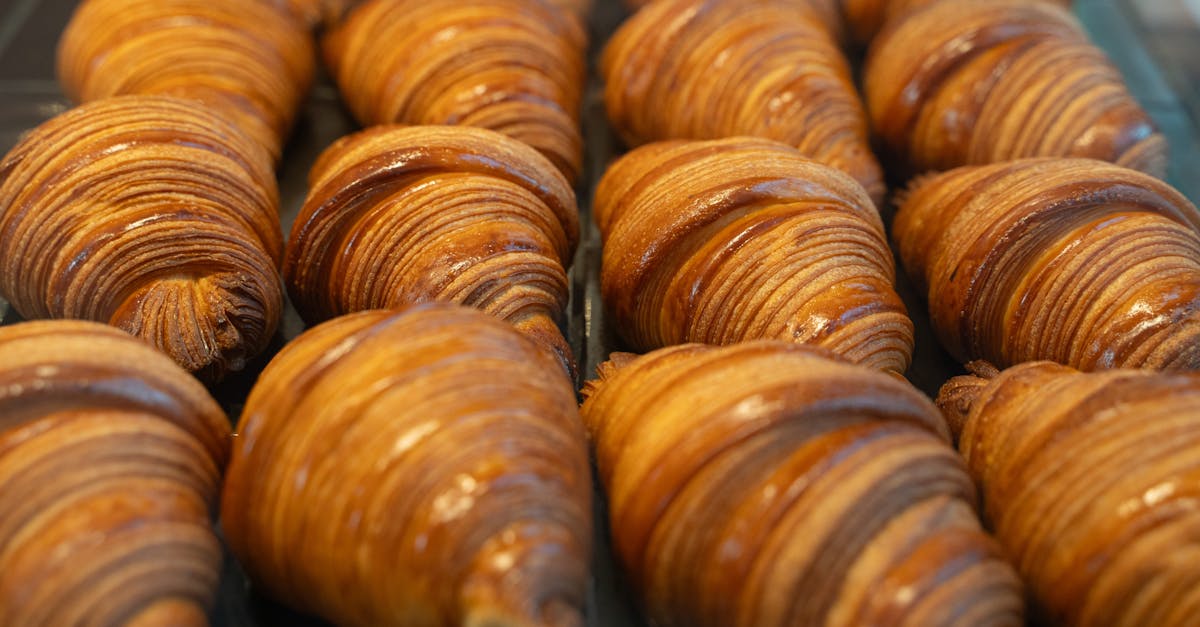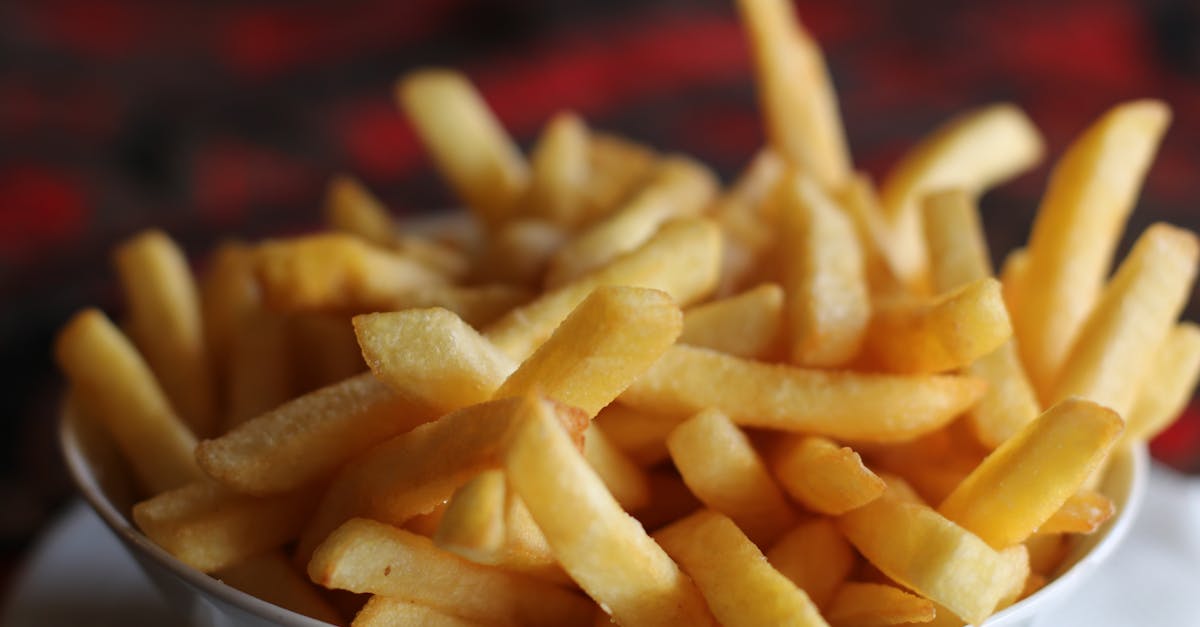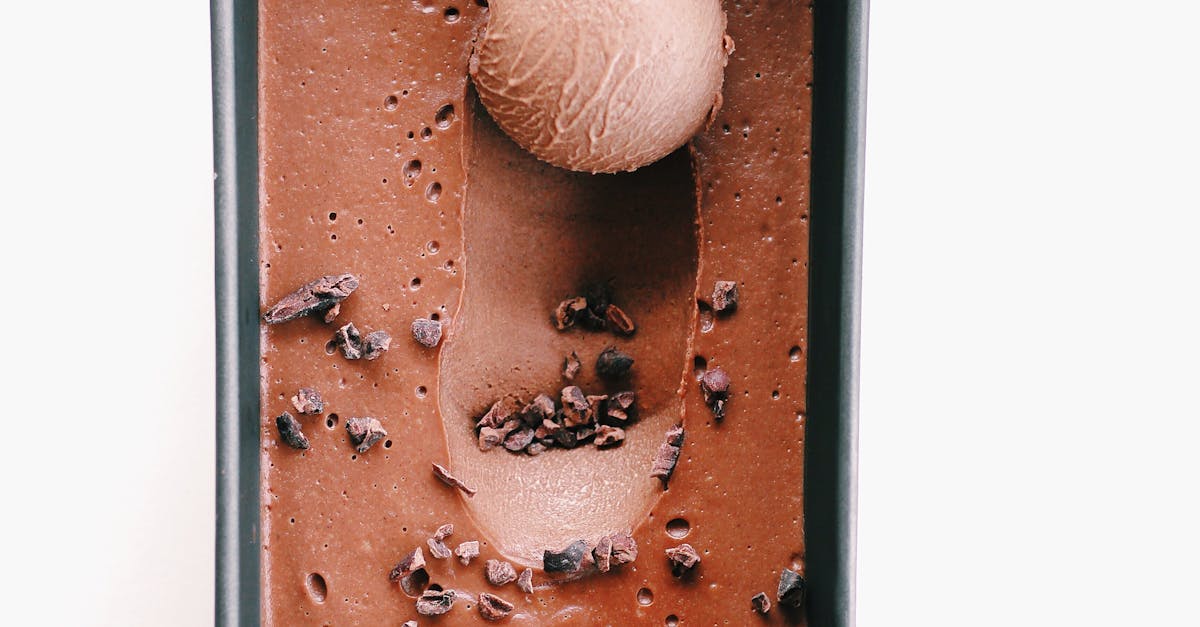11 Everyday Foods Secretly Clogging Your Arteries
In the quest for a healthier lifestyle, many of us focus on exercise and calorie counting, often overlooking the hidden dangers lurking in our everyday diets. While we may be aware of the obvious offenders like fast food and sugary snacks, some seemingly innocuous foods could be silently contributing to arterial plaque buildup, a precursor to heart disease. This article delves into 11 everyday foods that, despite their common presence on our plates, may be secretly clogging our arteries. By understanding these hidden threats, we can make more informed dietary choices to protect our heart health and overall well-being.
Processed Meats: A Salty Affair

Processed meats such as bacon, sausages, and deli meats are staples in many households, beloved for their convenience and flavor. However, these products are often high in saturated fats and sodium, both of which contribute to arterial plaque formation. The curing process involves adding preservatives like nitrates and nitrites, which can damage blood vessels and increase the risk of heart disease. Studies have shown that regular consumption of processed meats is linked to a higher incidence of cardiovascular conditions. Reducing intake and opting for leaner, less processed protein sources can significantly benefit heart health.
Baked Goods: The Hidden Trans Fat Trap

Baked goods like pastries, cookies, and cakes are often laden with trans fats, which are used to extend shelf life and enhance texture. Trans fats are notorious for raising bad cholesterol (LDL) levels while lowering good cholesterol (HDL), leading to increased arterial plaque buildup. Despite regulatory efforts to reduce trans fat content, many baked goods still contain partially hydrogenated oils. It's crucial to read labels carefully and choose products that are trans fat-free. Alternatively, homemade baking using healthier oils and whole ingredients can be a heart-friendly alternative.
Fried Foods: The Crispy Culprit

Fried foods, from French fries to fried chicken, are popular for their irresistible crunch. Unfortunately, the process of deep-frying often involves unhealthy oils that are high in saturated and trans fats. These fats contribute to the development of arteriosclerosis, a condition characterized by hardened and narrowed arteries. Additionally, the high temperatures used in frying can generate harmful compounds that exacerbate inflammation and oxidative stress in the body. Opting for baking or air frying can provide similar textures without the adverse health effects, helping to keep arteries clear.
Full-Fat Dairy: A Creamy Concern

While full-fat dairy products like cheese, butter, and cream are rich in flavor, they are also high in saturated fats, which can increase cholesterol levels and promote plaque buildup in arteries. The saturated fats in these products can lead to the production of higher amounts of LDL cholesterol, contributing to cardiovascular disease. While dairy can be a valuable source of calcium and vitamin D, it's advisable to choose low-fat or fat-free alternatives to reduce saturated fat intake. Incorporating plant-based dairy substitutes can also offer heart-healthy benefits without compromising on taste.
Margarine: The Butter Substitute with a Twist

Once hailed as a healthier alternative to butter, margarine can be a hidden source of trans fats, particularly in stick forms. These trans fats are detrimental to heart health, as they contribute to increased cholesterol levels and arterial plaque formation. Although many brands have reformulated their recipes to eliminate trans fats, it's essential to verify the ingredients list for any partially hydrogenated oils. Opting for soft or liquid margarine, which typically contains less trans fat, or using heart-healthy oils like olive or avocado oil, can be better choices for maintaining clear arteries.
Sugary Beverages: Liquid Sugar Bombs

Sugary beverages, including sodas, sweetened teas, and energy drinks, are more than just empty calories; they are significant contributors to arterial damage. High sugar intake can lead to increased triglyceride levels, promoting inflammation and plaque buildup in arteries. Furthermore, excessive sugar consumption is linked to obesity and insulin resistance, both of which are risk factors for heart disease. Replacing sugary drinks with water, herbal teas, or naturally flavored seltzers can drastically reduce sugar intake and support arterial health, paving the way for a healthier heart.
White Bread: The Refined Grain Risk

White bread and other refined grain products are staples in many diets, yet they can pose a risk to arterial health. These products are stripped of their natural fiber and nutrients during processing, leaving behind simple carbohydrates that quickly convert to sugar in the body. This spike in blood sugar can lead to insulin resistance and increased triglyceride levels, contributing to plaque buildup in arteries. Switching to whole-grain alternatives, rich in fiber and nutrients, can help stabilize blood sugar levels and reduce the risk of cardiovascular disease.
Canned Soups: The Sodium Overload

Canned soups offer convenience and comfort, especially during colder months, but they often come with a hefty dose of sodium. Excessive sodium intake is a well-known factor in high blood pressure, which can damage artery walls and promote plaque accumulation. Many canned soups contain more than the recommended daily sodium intake in a single serving. Choosing low-sodium versions or preparing homemade soups with fresh ingredients can significantly reduce sodium consumption, supporting healthier blood pressure levels and reducing the risk of arterial clogging.
Ice Cream: The Sweet Saturated Fat Surprise

Ice cream is a beloved treat that, unfortunately, can be a source of significant saturated fat and sugar. These components contribute to elevated cholesterol levels and increased arterial plaque formation. Regular consumption of ice cream can lead to weight gain and insulin resistance, both of which are detrimental to cardiovascular health. Enjoying ice cream in moderation and opting for lower-fat or plant-based versions can help satisfy sweet cravings without compromising arterial health. Additionally, exploring homemade options with natural sweeteners and healthier fats can offer a guilt-free indulgence.
Pizza: The Double-Edged Delight

Pizza is a universally loved dish, but its combination of refined grains, processed meats, and full-fat cheese makes it a potential artery-clogging food. The high saturated fat and sodium content in traditional pizzas can contribute to elevated cholesterol levels and hypertension, both risk factors for heart disease. Choosing whole-grain crusts, lean protein toppings, and plenty of vegetables can transform pizza into a heart-healthier meal. Moreover, controlling portion sizes and frequency of consumption can help mitigate the adverse effects on arterial health while still enjoying this popular food.
Salad Dressings: The Sneaky Saturated Fats

While salads are often considered a healthy choice, the dressings we use can undermine their benefits. Many commercial salad dressings are high in saturated fats, sodium, and added sugars, all of which can contribute to arterial plaque buildup. Creamy dressings, in particular, can be calorie-dense and detrimental to heart health. Opting for vinaigrettes made with heart-healthy oils like olive oil or creating homemade dressings with fresh herbs and citrus can enhance the nutritional value of salads while keeping arteries clear. Being mindful of portion sizes can also prevent excess calorie intake.
Navigating a Heart-Healthy Diet

Understanding the impact of these everyday foods on arterial health is crucial for making informed dietary choices. While it may seem daunting to overhaul eating habits, small, gradual changes can lead to significant improvements in heart health. By reducing consumption of these artery-clogging culprits and incorporating more whole, nutrient-dense foods, we can protect our cardiovascular system and enhance overall well-being. Awareness and moderation are key in navigating a balanced diet that supports longevity and vitality, ensuring that our arteries remain clear and our hearts strong.
